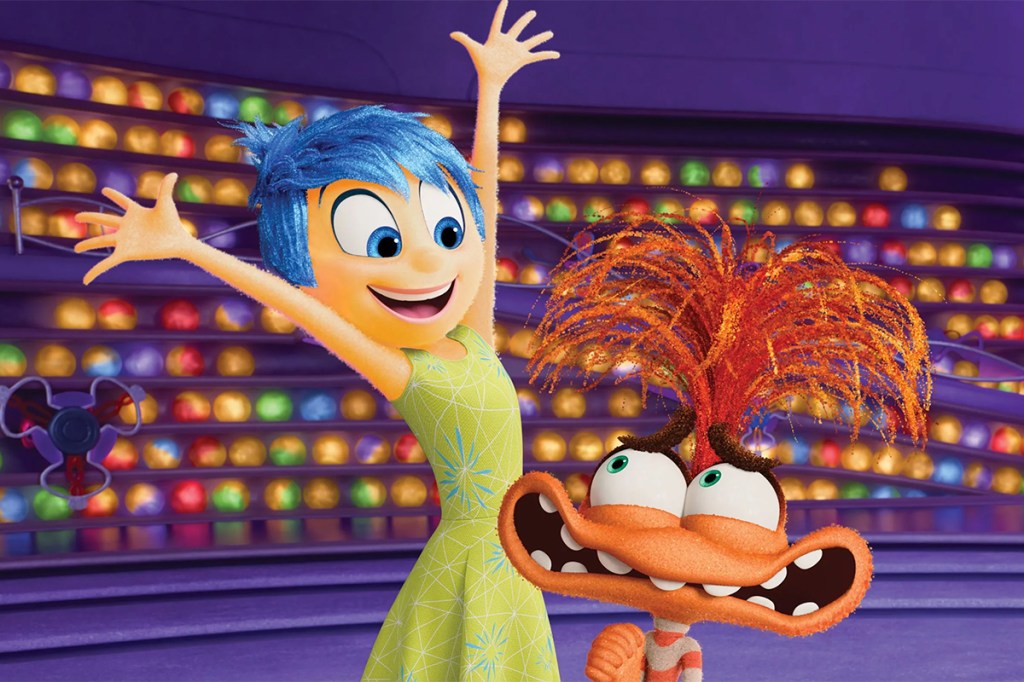Estimated Reading Time: 3 minutes
In a recent revelation, Demi Burnett opened up about her autism diagnosis, a disclosure that caught some of her fans by surprise.
She is candidly discussing how some individuals questioned her behavior during the filming of The Bachelor, perceiving her as different from what they expected.
Like many individuals on the spectrum, Demi has learned to mask her autistic traits in various social settings.
One of the methods she employed for masking was the use of alcohol, which is often prevalent at social gatherings. For Demi, consuming alcohol allowed her to engage more comfortably on The Bachelor, even before she fully understood her place on the autism spectrum.
 Each time that Demi Burnett appeared on The Bachelor, she brought her unique charm and energy to the screen. (Image Credit: ABC)
Each time that Demi Burnett appeared on The Bachelor, she brought her unique charm and energy to the screen. (Image Credit: ABC)Demi Burnett Encounters Both Support and Criticism Following Her Autism Disclosure
In a candid interview with People published on Sunday, May 4, Demi Burnett shared her experiences regarding the public’s reaction to her recent autism diagnosis.
“There has been an overwhelming amount of support on Instagram,” she began, highlighting the positive reactions she received.
“However, on TikTok, I often encounter comments from people saying, ‘You weren’t like this on The Bachelor. You really changed,’” she noted.
While many of these comments may come across as hostile and contentious, Demi acknowledges that there’s some truth to their observations.
“And I think they are right in saying that,” Demi reflected.
“During my time on The Bachelor, I was consuming large amounts of alcohol,” she admitted.
“Therefore,” she emphasized, “this serves as a perfect example of how someone can utilize alcohol as a way to mask their true feelings.”
 On The Bachelor, Demi Burnett made a bold impression, leaving other contestants feeling a mix of admiration and intimidation. (Image Credit: ABC)
On The Bachelor, Demi Burnett made a bold impression, leaving other contestants feeling a mix of admiration and intimidation. (Image Credit: ABC)Understanding the Concept of Masking in Autism: What It Means
When individuals on the autism spectrum refer to masking, they are describing a set of behaviors adopted to appear neurotypical — or at least more neurotypical than they genuinely feel.
This masking can be a strategy for achieving social acceptance, ensuring professional security, or simply a result of habitual behavior.
In Demi’s situation, her motivation stemmed from her participation in a reality television show.
“It’s evident that someone is putting on a show, especially now that I’m being vulnerable, open, raw, and real, and sometimes uncomfortable with it all,” Demi shared.
“Now it’s perceived as though I’m putting on an act. It’s quite ironic. You can’t help but find humor in it.”
 During a candid discussion, Demi Burnett addressed her struggles with showing affection and vulnerability. (Image Credit: ABC)
During a candid discussion, Demi Burnett addressed her struggles with showing affection and vulnerability. (Image Credit: ABC)Demi also pointed out that reality television can be an unexpectedly supportive environment for neurodivergent individuals. She elaborated on her perspective.
“People often assume that no autistic person could ever succeed in a reality show,” she observed.
“But I believe that you have no idea how much an autistic person can truly thrive in that environment, as they receive support for the first time in their lives.”
The Value of Having a Robust Support System in Reality Television
“Receiving that level of support on The Bachelor was incredible,” Demi expressed with enthusiasm.
“I have never felt more supported in my entire life than I did while participating in reality television.”
She added, “You have people at your beck and call, ready to assist you with anything you may need.” That certainly sounds delightful!
“The producers of reality TV provide an unparalleled level of support,” Demi reminisced. “I was in tears when I had to leave, and it wasn’t even about Colton.”
 Though not all fans of The Bachelor recognize who Demi Burnett is, her impact is undeniable! (Image Credit: ABC)
Though not all fans of The Bachelor recognize who Demi Burnett is, her impact is undeniable! (Image Credit: ABC)Demi is making a significant impact by openly discussing her position on the autism spectrum. She first revealed her diagnosis back in 2022.
This is a particularly challenging time to be autistic, especially with some individuals engaging in harmful behaviors reminiscent of the early 1940s, targeting autistic individuals.
When public figures like Demi share their narratives, it not only aids autistic individuals in recognizing their own experiences but also educates allistic people — those without autism — to understand that autistic individuals are multifaceted and cannot be reduced to harmful stereotypes often seen in media.

You can find the original article here; the photos and images used in our article are sourced from this platform. We are not their authors; these materials are used solely for informational purposes with appropriate credit to the original source.





